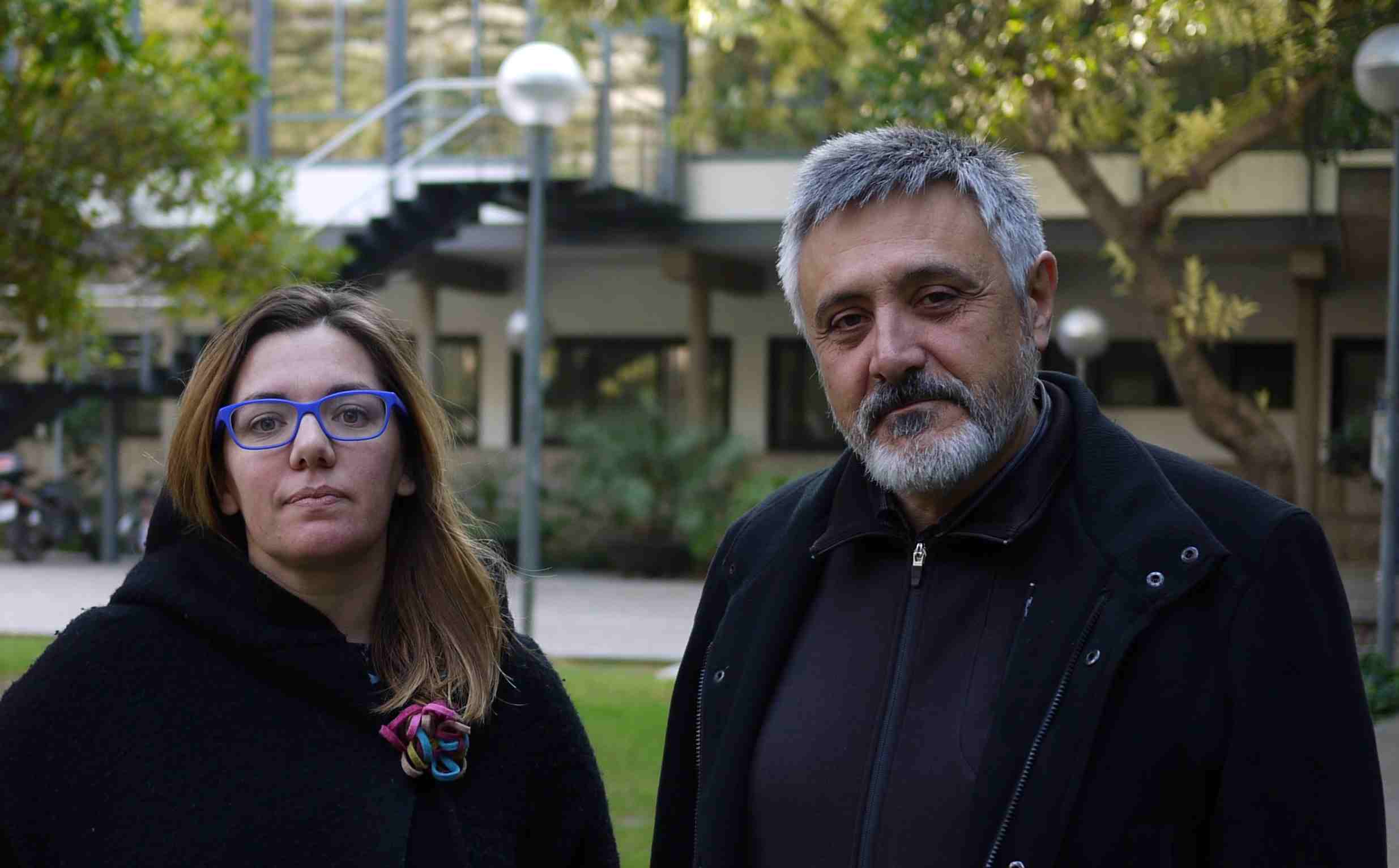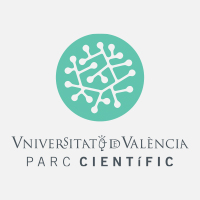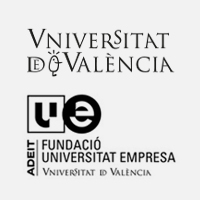
A research of the Universitat de València shows that families with a high purchase power beneficiate more from public investment in higher education in Spain. The results of the research work, by professors of the Department of Sociology and Social Anthropology, Alícia Villar and Francesc J. Hernàndez, have been published in the journal ‘Archivos de Ciencias Sociales’.
Researchers consider that the imbalance on the public expenditure and the social fabric is possible because of the structure of the financing of higher education. This way, “we conclude that the consumption of higher education for families with higher incomes is more financed because it requires a relatively lower fee that the fee required for other education levels”, state the authors. The research is based on the data from the last annual series of the Encuesta de Presupuestos Familiares (EPF), more specifically, the period 2006-2014, elaborated by the Spanish Statistical Office.
Villar and Hernández point out that the increasing heterogeneity in the student body is a fact that has brought new challenges to the university and it is a phenomenon which has become clearer for the last years. “The impact of crisis and the increasing social inequalities are having an impact on the university tuition, in the permanence rate, and also in the difficulties to continue their studies, which is specially due to the increasing university tuitions from 2012, what has made it impossible for some students and their families to assume the overcosts, especially in second and later registrations and, particularly, in those degrees where students prolong their studies to graduate. It is necessary to know these profiles in depth in order to intervene”, argue the professors.
The crisis increases educational inequalities
Villar and Hernàndez, from the Faculty of Social Sciences, assure that from the start of the economical crisis in 2008, the expenditure on education is the one which has grown the most, in more than a 30% in Spain, at the same time that it has not decreased in any of the Autonomous Communities. In spite of that, this crisis has not just shown “the increasing social inequalities”, according to the researcher, but it has also “provoked a rise of educational inequalities in terms of probability to access higher education and, therefore, of the achievement of degrees which could legitimize superior positions in the social pyramid”.
Ultimately, the professors from the Department of Sociology and Social Anthropology highlight that from the 2012-2013 academic year, the percentage of expenses assumed by students in the university public system in Spain has significantly increased as a result of the entry into force of the Royal Decree-Law 14/2012, of 20 April, on urgent measures to rationalise public expenditure in the education sector. In fact, this growth represents the 60% in the Valencian territory.
Valencian Universities, 50% more expensive
From the academic year 2009-10 to 2014-15, the price of each university credit in Valencian universities has increased more than a 50%, figure which represents an annual rise of an 8.5%”, explain Villar and Hernández, who consider that it is necessary to carry out a “continuous, systematic and longitudinal tracking of the social composition of the student body, in order not to remain in the institutional field”. “It is necessary to scientifically study the university in itself, as a subject of study. Only then, as a university observatory, will we be able to dispose valid information which can guide adjusted and effective educational policies”, add the authors.
Alícia Villar is Professor of the Department of Sociology and Social Anthropology at the Universitat de València. She has published in journals such as: ‘Policy Futures in Education’, ‘Revista Lusófona de Educação’ or ‘Revista de la Asociación de Sociología de la Educación’, of which she is vice-director. She is joint author of the books ‘Didáctica de la Pantalla III. La universidad en el cine’ (Alzira: Editorial Germania, 2013), ‘Educación y Género. Propuestas para pensar y repensar los géneros’ (Valencia: Tirant lo Blanch, 2014) y ‘Educación y biografías. Perspectivas pedagógicas y sociológicas actuales’ (Barcelona: Editorial UOC, 2015). She has completed research placements in Portugal and Germany, and has been Erasmus Teacher at University of Coimbra (Portugal).
On the other hand, Hernàndez has directed the ‘Revista de la Asociación de Sociología de la Educación’ (2007-2012) and has published in journals such as: ‘Policy Futures in Education’, ‘Revista Lusófona de Educação’ or ‘Política y Sociedad’, for example. Among his last books it is possible to find ‘Teorías sobre sociedad, familia y educación’ (Valencia: Tirant lo Blanch, 2010), ‘Sociología de la educación’ (Madrid: McGraw-Hill, 2011), ‘Estructura social y educación’ (Valencia: Tirant lo Blanch, 2014) y ‘Educación y biografías. Perspectivas pedagógicas y sociológicas actuales’ (Barcelona: Editorial UOC, 2015). He has completed stays at several universities in Germany, Brazil, Colombia, Ireland, Mexico and Uruguay.
Article:
Villar Aguilés, A.; Hernàndez i Dobon; F.J. (2015). ¿Las familias con mayor poder adquisitivo resultan beneficiadas de la inversión pública educativa? Un análisis sobre presupuestos familiares y educación superior. Arxius de Ciències Socials, número 32.



























